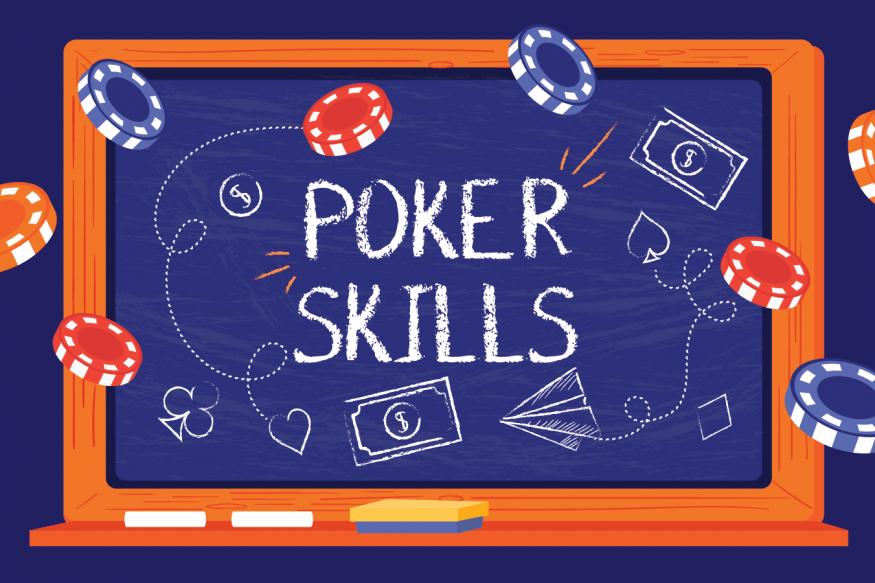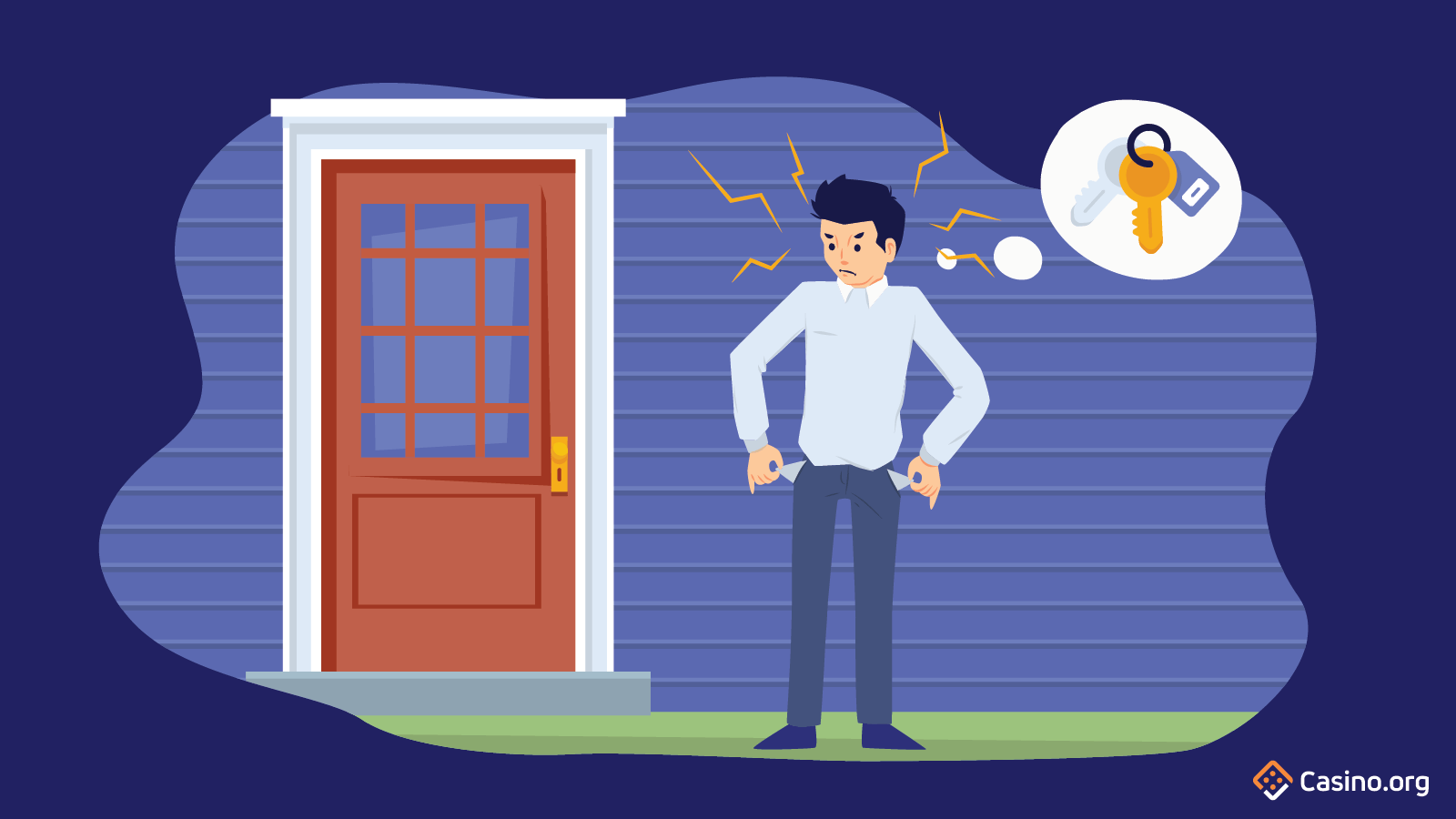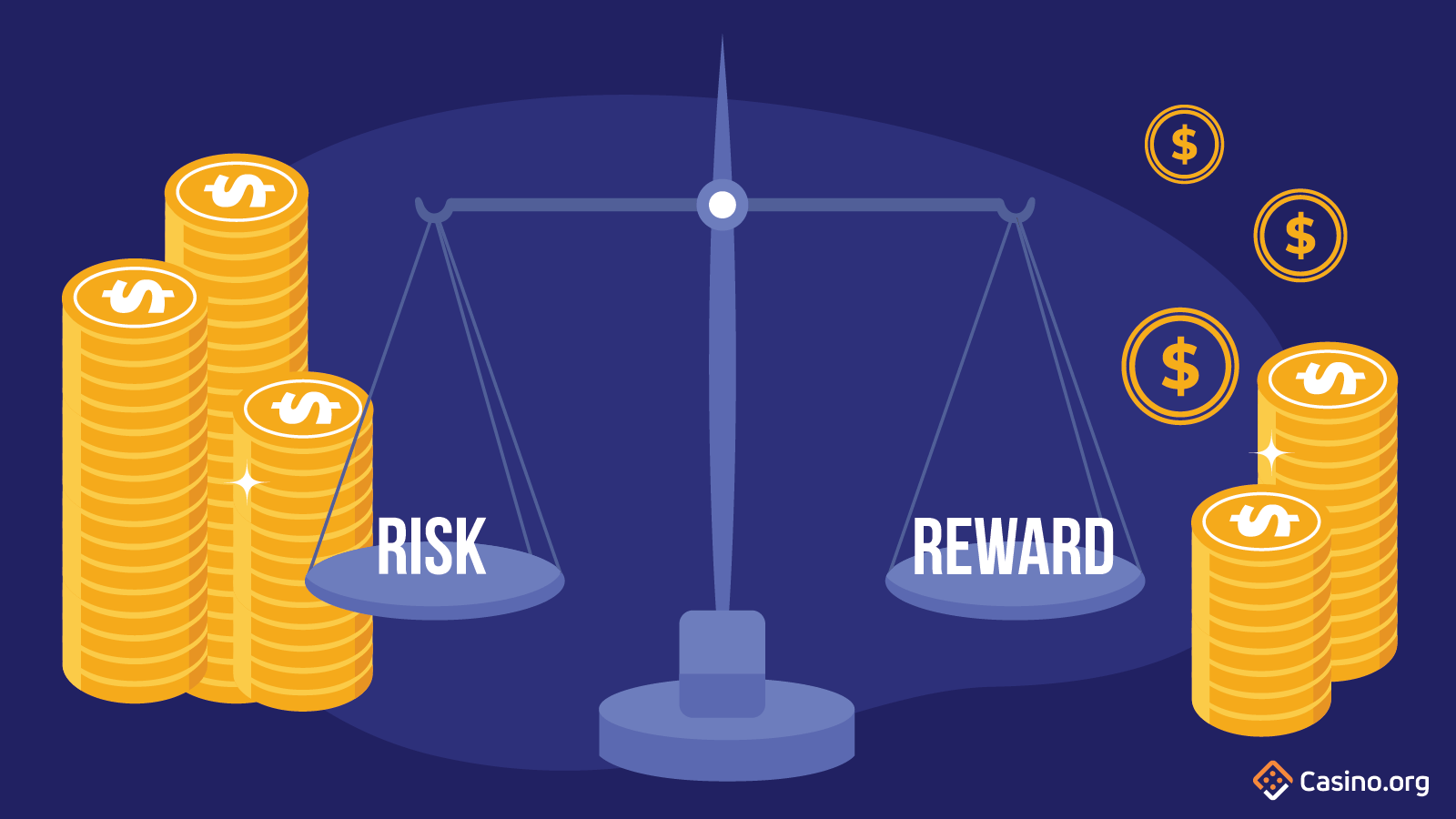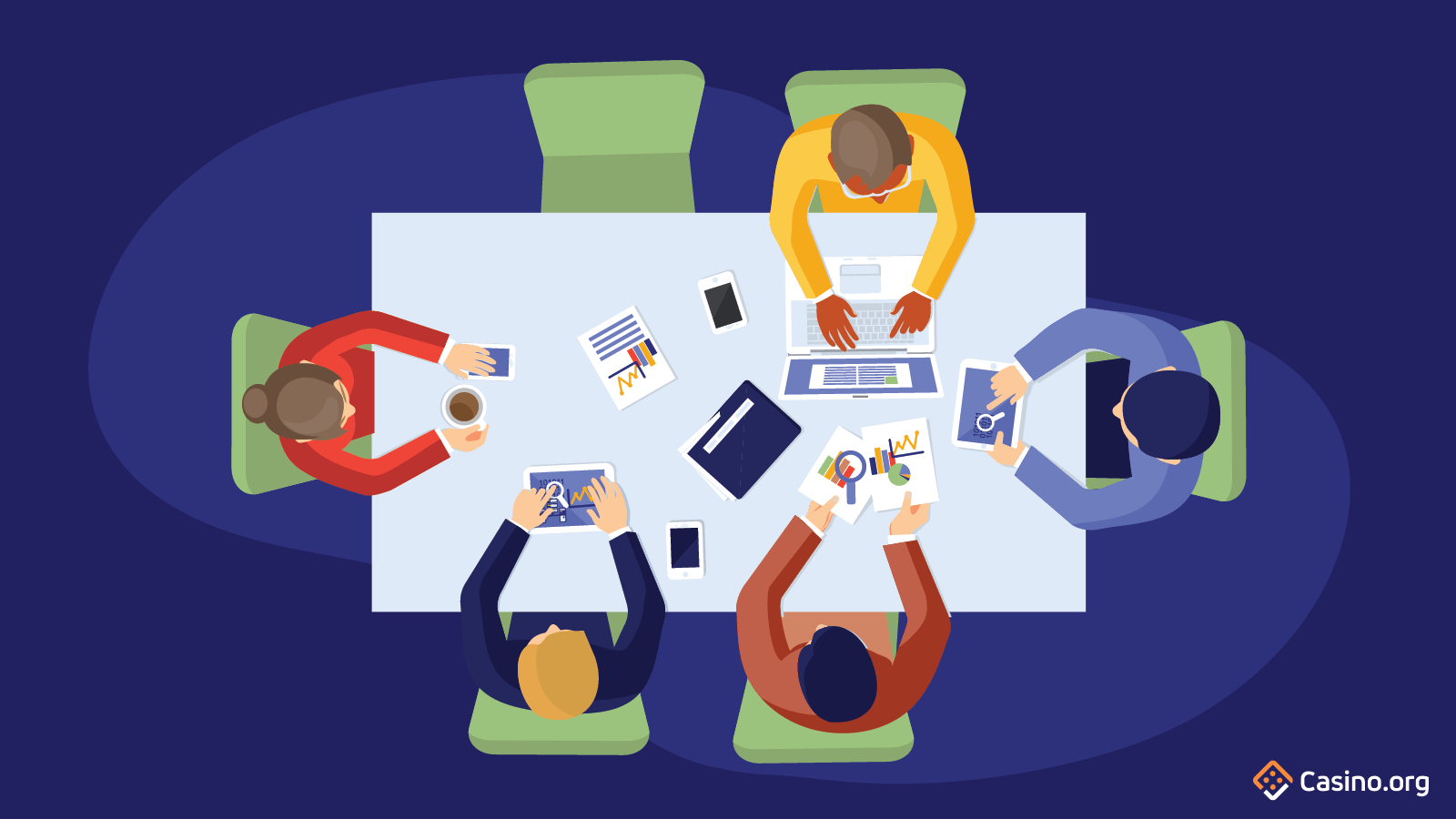How Poker Can Sharpen 9 Life-Changing Skills

Playing poker is about much more than chasing chips and winning pots. The game demands a rich skillset, and mastering its challenges can bring about profound, positive changes beyond the felt. From thoughtful decision-making to resilience in the face of adversity, here are nine ways that developing your poker abilities can benefit every aspect of your personal and professional journey.
Developing Strong Financial Discipline

Your poker bankroll is your most precious resource, making financial management integral to long-term success. Careless spending, overextending your limits, or risking more than you can afford often leads to loss-not just of money, but also confidence. Poker players swiftly learn the importance of creating and sticking to a budget, weighing risks against potential returns, and adapting strategy as circumstances evolve.
These lessons translate directly into daily life. Whether managing your budget at home or making investments at work, applying sound financial planning and discipline helps you make informed decisions and avoid unnecessary pitfalls.
Sharpening Decision-Making Under Pressure

Poker players constantly face high-stakes moments, often needing to make split-second calls where the outcome can dramatically impact their standing. This continual exposure to stress hones your ability to analyze situations, process information rapidly, and remain calm-even when the outcome is uncertain.
These skills are invaluable for navigating high-pressure moments in any career or personal venture, from executing business deals to responding thoughtfully in emergencies. It’s no coincidence that many poker professionals excel in environments like finance or consulting, where cool-headed analysis and quick thinking are essential.
Building Patience and Emotional Control

Success at the poker table is rarely immediate. Long stretches of inactivity and endless cycles of waiting for advantageous hands train you to be patient. This form of detachment-staying composed while you wait for the right moment-offers powerful benefits outside the game.
Daily frustrations, such as waiting in line or enduring delays, become less maddening when you’ve learned to accept and adapt. Poker teaches that patience isn’t just about waiting-it’s about how you behave while you wait, helping you avoid rash decisions and manage stress effectively.
Strengthening Resilience to Setbacks

Losses are inevitable in poker-even the best players suffer runs of bad luck. But the game instills a mindset of focusing on process, not just outcome. Learning how to persevere through periods of adversity without sacrificing your best efforts sharpens your resilience and confidence.
These coping strategies help prevent overreactions to setbacks, whether it’s a career challenge, a failed project, or a personal disappointment. Instead of being thrown by every bump in the road, you’ll keep your composure and adapt, turning setbacks into opportunities for growth.
Reading People and Understanding Motivations

At its core, poker is a game of people just as much as cards. Observing your opponents, noticing subtle changes in behavior, and deducing motivations become second nature. While you may not become a “human lie detector,” you will grow adept at recognizing signs of confidence, anxiety, excitement, or uncertainty in others.
These insights have value far beyond the card table. Whether forging personal relationships or navigating professional partnerships, your ability to interpret others’ intentions and emotions gives you a powerful advantage in communication and negotiation.
Making the Best of Any Circumstance

Just as poker demands you play the hands you’re dealt, life is filled with challenges beyond your control. Long periods with poor cards teach players to maximize even lackluster resources, seeking opportunity where others might see only limitation.
This ability to respond constructively to adversity serves you well in real-world scenarios-whether handling a tough work project, shifting your career path, or simply getting the best out of a difficult day. Instead of surrendering to frustration, you’ll develop creative solutions.
Mastering the Balance Between Risk and Reward

Poker is an ongoing lesson in weighing risk against potential reward. Whether bluffing with a weak hand or making a bold call, players learn to evaluate not only the odds but also what stands to be gained or lost in every decision.
Transferring this calculated risk-taking to other domains, you’ll be more comfortable evaluating uncertain opportunities-be it an investment, new job, or personal venture. Rather than avoiding risk or leaping blindly, you’ll know how to judge potential outcomes and act when the odds are in your favor.
Becoming More Assertive When It Counts

Poker teaches a healthy brand of assertiveness: knowing when to push back, take a stand, or seize an opening. While some people naturally assert themselves, others find it difficult to stake their claims or negotiate effectively.
Well-timed moves in poker-like a strategic bluff or aggressive value bet-provide safe spaces to practice assertiveness. Over time, you’ll grow more confident making your case or fighting for your interests, both in business negotiations and everyday situations.
Elevating Focus and Mental Clarity

In a world packed with distractions, sustained focus is tough to maintain. Poker challenges you to keep your attention sharp-studying opponents, tracking the action, and recalling key information even between hands.
This sharpened mental discipline pays dividends wherever concentration and presence are vital. Training your mind to filter out noise, stay on task, and observe nuances will make you more effective in work, relationships, and learning new skills.
Conclusion: Poker Skills That Enrich Everyday Life
Poker’s blend of mathematics, strategy, and psychology makes it a uniquely challenging-and uniquely rewarding-game. Those who approach poker thoughtfully find that its lessons extend far beyond the table, strengthening the very qualities most useful for success and happiness in life.
Whether you’re a dedicated player or just enjoy an occasional game, approaching poker with intention and a willingness to learn will grant you valuable abilities: resilience, judgment, discipline, empathy, and more. So the next time you sit down with a deck of cards, remember-you’re not just playing for chips. You’re building a toolkit for a richer, more capable life.













